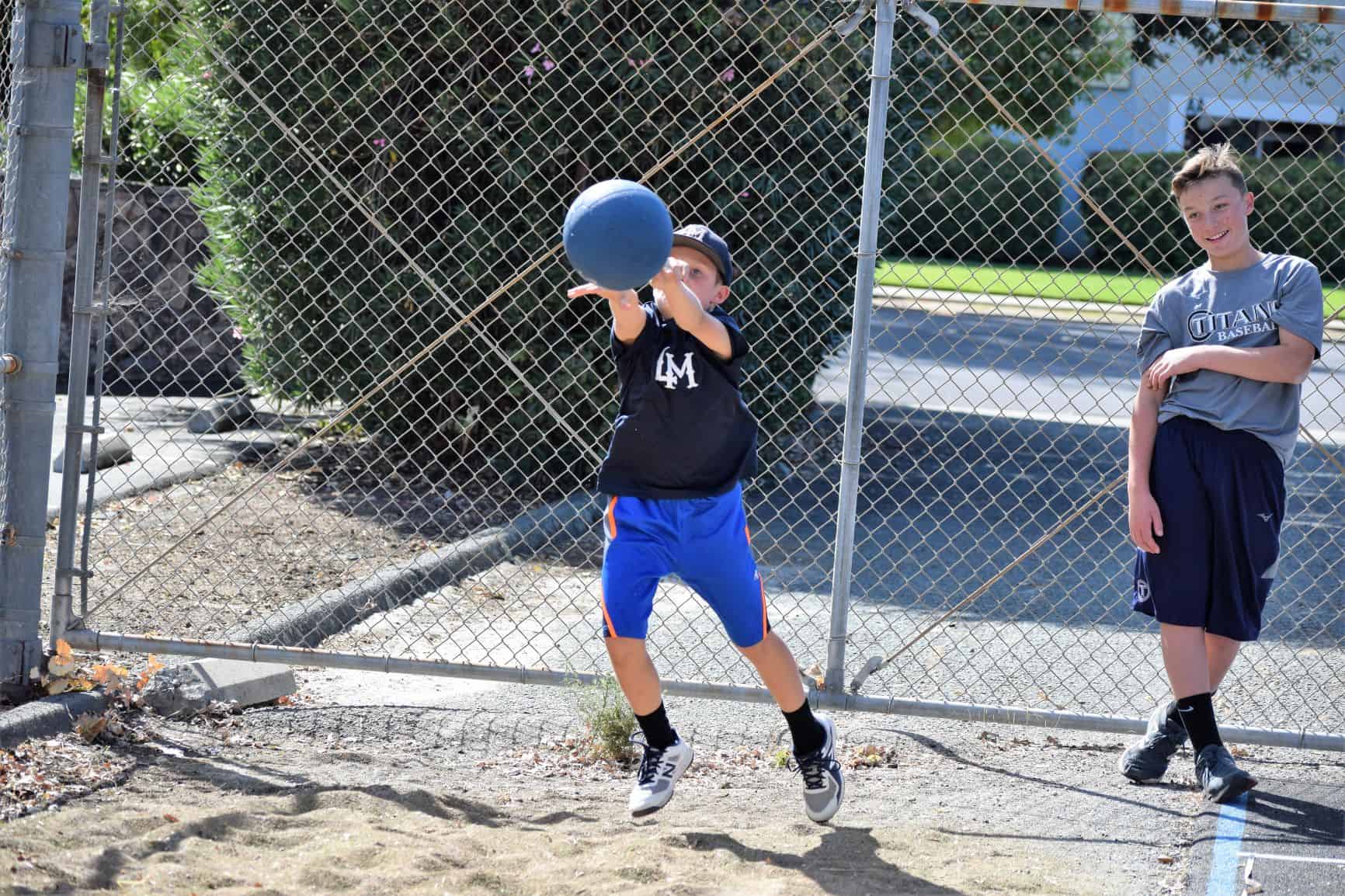Everyday we’re hearing more and more stories of childhood obesity and the lack of activity of today’s youth. On the flip-side is a population of athletic youth at the other end of the spectrum. These super competitors compete and train year round. Their involved in “Early specialization,” the practice where a young athlete focuses solely on one particular sport. This is done at an early age rather than later in an athletic career. Sometimes it’s at the parents urging where they think they have the next Cy Young recipient or Olympic gold medalist. Other times it’s the child’s dream to pursue a narrow athletic path.
There are some “short lived”positives to a narrow focus of an athletic pursuit such as accelerated skill development and competency (which soon plateaus). As a professional trainer at Gamespeed for eighteen years, I feel they are outweighed by the negatives and aren’t necessarily an “iron clad” determining factor for success in later years.
Here are some reasons to avoid early specialization:
1. Early specialization can cause overuse injuries. Athletes who tend to specialize early also tend to play too often. The frequency and volume of repetitive athletic movements can result in overuse or repetitive stress injuries. Tendinitis is a typical ailment that can progressively turn into strains or even tears. Little league, tennis elbow, growth plate tear sound familiar?
2. Focusing on one sport only develops a narrow set of athletic skills and a specific set of athletic muscles. Think of the first baseman or catcher who plays baseball year-round. These positions generally don’t call for much lateral movement or jumping activities. These skills go underdeveloped hindering overall athletic development.
3. Early specialization can have a negative psychological effect. Think of the young athlete who from age seven is that little firecracker shortstop but at age twelve starts puberty and becomes the tall, lanky and awkward. If his whole athletic identity is wrapped up in being a shortstop he may be in for some rocky moments with confidence and self esteem. Specialization tends to reinforce a narrowly defined type of athlete rather than “I am an all around athlete”.
4. One simple term: “Burnout”. Burnout happens when a highly committed athlete loses interest and motivation in their particular sport. It can occur in hard working, hard training athletes, who become emotionally, psychologically or physically exhausted.
How to Avoid the Early Specialization pitfalls.
1. For athletes that refuse to try any other sports, it is suggested that they take breaks from their primary sport to help the mind and body revitalize. Do not make it a year round activity.
2. Make sure the athlete knows they have a choice to play other sports or take time off. Sometimes they will feed off a desire to please the parent.
3. Foster a love for being active and healthy versus just competition. Introduce sports as recreational activities as well as competitive outlets.
4. Encourage a spectrum of sports to add variety to their overall physical development and experiences. Explain to them the importance of a having a broad spectrum of physical skills and how it can affect their long term athletic success.
5. Switching from team sports to more individualized ones can broaden character traits and build social skills. The changing dynamics provide a wider range of experiences and interactions that lead to better social development.
So when should you specialize?
In my opinion even a prodigy should have a variety of activities for long term physical and psychological benefits. Doctors suggest age 13 for girls and 15 for boys due to that’s when skeletal maturity is reached.
Parents, in your effort to build the next champion remember participation in athletics is also a vehicle that shapes them as a person. Wouldn’t you want them to be as well rounded as possible?
About the author: Aaron Thigpen is owner of Gamespeed Sports Performance in Dublin, Ca. A “Speed & Movement Specialist” he has been providing his clients customized training regiments for the past eighteen years. His clients include those just starting their athletic journeys to seasoned professional athletes. He can be reached at (925) 513-8676 or www.gamespeed.net . You can follow him and his athletes on Facebook.

